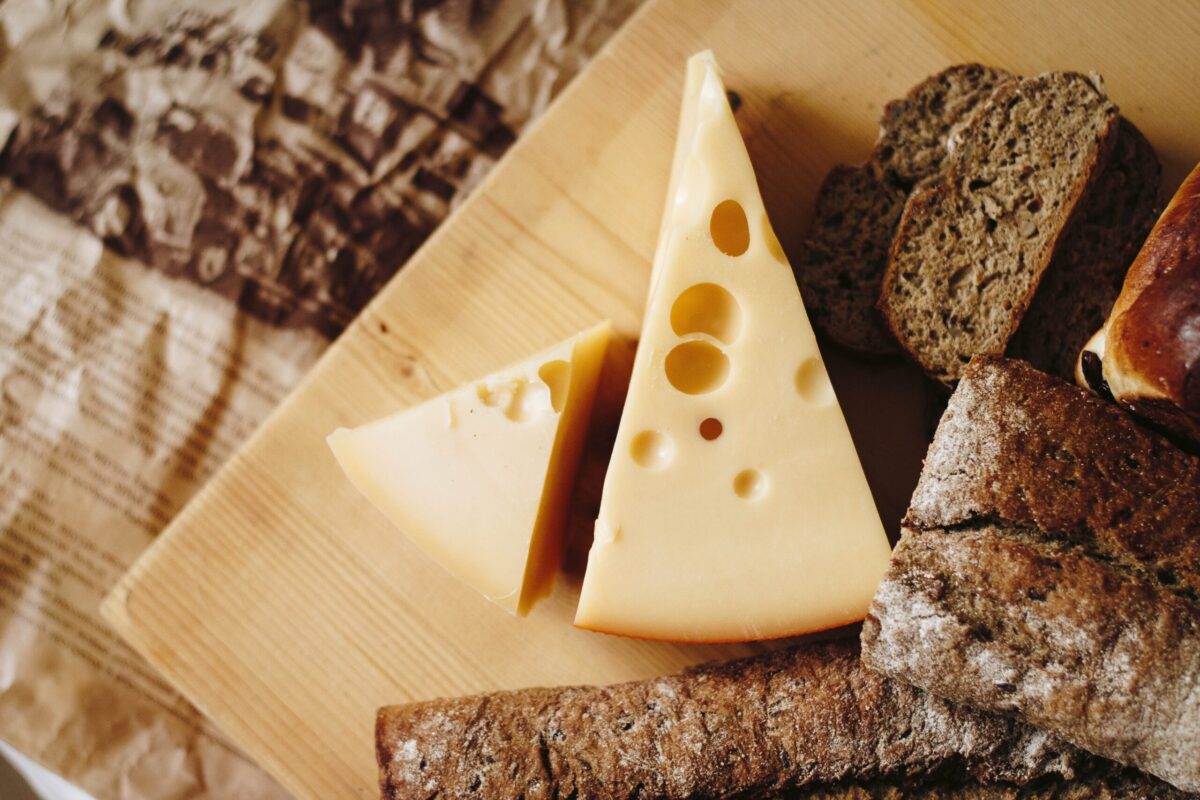
At the moment of recognizing that a woman is pregnant, she already has to start a diet avoiding certain products that have to be taken, some in moderation. In particular, we can a food analysis that they can afford or ask the specialist who assesses us about what should the new diet be like. In particular, we analyze which cheeses can be eaten during pregnancy and which ones can't.
They are only 9 months pregnant, but for many women it can be an odyssey to have to deprive yourself of special foods, starting from the meat, some fish and in this case the cheeses. But it is not all that it seems, due to the great variety of cheeses that we have, some will be totally compatible to satisfy culinary tastes. In the same way, we can observe it with many foods that are also prohibited.
Why is cheese not compatible in pregnancy?
Of a whole long list of foods that are not recommended during pregnancy, surely more than once you have heard that the cheeses are not recommended because may contain abortifacient properties, But what is true in this?
Actually, there is a wide variety of cheeses in our shopping cart and not all are the same. All of them are made with milk and many of them have not been made with pasteurized milk.
To understand it much better, pasteurization is to subject the food to a temperature of approximately 80° for a short period of time and where it has then cooled rapidly, with the purpose of destroying microorganisms.
From here, the concern to contain these foods "listeria monocytogenes", a bacterium called listeriosis and which is harmful to take during pregnancy. That is why many doctors advise against eating cheese that contains unpasteurized milk.
How to know if a cheese has been made with pasteurized milk?
Most of the manufactured cheeses and especially those that have been made by large firms, they usually detail in their ingredients and on the label that all hygienic and sanitary measures are guaranteed in its manufacture.
If it doesn't contain this information, try to discard it or contact the manufacturer. Manufacturers generally have to report how they have been made., or at least indicate that a maturation process of at least 60 days has been created.
What kind of cheeses can you eat during pregnancy?
You have to stay calm, because most cheeses are safe to eat, since they have been made with pasteurized milk. Cow, sheep, mixed or goat cheese can be included in the list. Therefore, they can be consumed:
- Semi-cured and cured cheeses Made with cow, sheep and goat milk.
- fresh cheese and cream cheese, as long as it contains pasteurized milk, although many specialists advise against its consumption because it could have been contaminated during its process.
- The cheese mozzarella, mascarpone, provolone, edam, gouda, emmental and pecorino.
What kind of cheeses are not advisable during pregnancy?
- the blue cheeses such as Roquefort, Gorgonzola or Cabrales.
- Fresh or Burgos-type cheeses if they have been made with raw, unpasteurized milk.
- Parmesan cheese. Although it is a cured cheese, it is always made from raw milk.
- Some soft cheeses such as queso Brie or Camembert, even if they were made with pasteurized milk. If these cheeses are subsequently cooked at a high temperature, they can be consumed without any problem.
- Other types of cheeses: Feta, Comte, Chaumes, Tulum, Lancashire.
It should be noted that the rinds of any cheese should not be consumed, since it may contain traces or the proliferation of molds and bacteria. The cheese in a source of great nutritional qualities. It provides calcium, minerals and some very beneficial vitamins for the growth of the baby. However, they are foods rich in fat, so their consumption must be limited. Weight gain should be avoided because it can be harmful.

